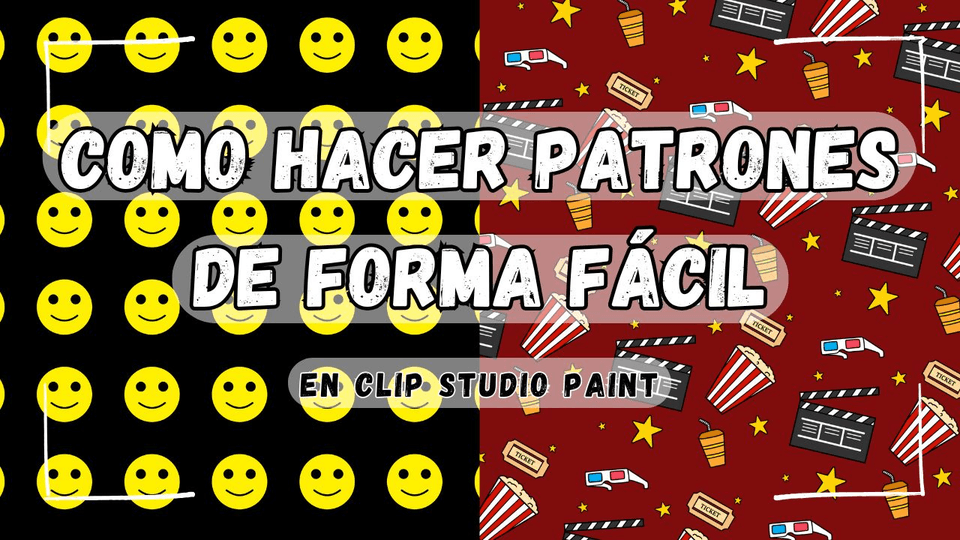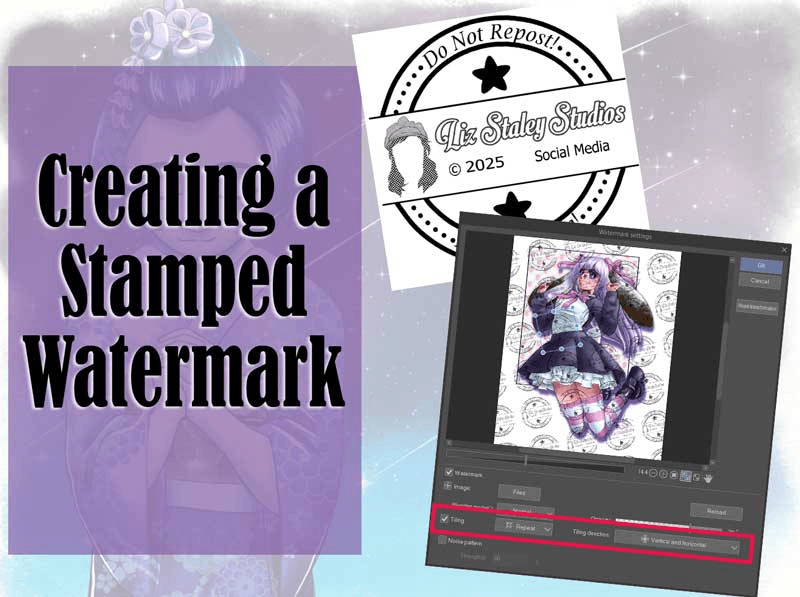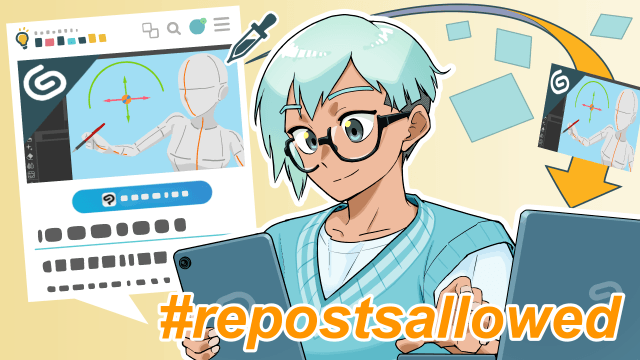Let's create paintable tones by changing the paper quality settings
Change the brush's paper quality settings to create paintable tones.
I think it will save time when drawing manga.
If you are too lazy to read the whole thing, I think you can understand it by just reading the summary.
If you are familiar with operating Crysta, please go there.
Prepare
First, create a new canvas for trial writing.
Select [File] → [New...].
The basic expression color is monochrome, assuming that it will be used in the work later.
I think it's best to set the size to A4 and the resolution to 600dpi.
The preparation is now complete.
1. Change material settings
Now let's start making brushes.
First, select the tone of the tone brush material you want to create.
This time I will choose Kakeami.
Select [Window] → [Material] → [Material [All materials]].
From there, select [Single color pattern] → [Kakeami].
After tapping "2 pieces of hanger", tap the gear icon.
Displaying the material property palette
Check [Use as paper texture].
This is an important point!
Then tap OK to complete the tone setting.
2. Change brush settings
Now that the tone settings are complete, let's start making brushes.
I would like to create it by changing the settings of the initial tool round pen.
Tap the spanner mark to open the Sub Tool Details palette.
From there, tap [Paper Quality].
Currently, the paper quality is "None", so we will change this.
Tap here to display the [Paper Texture Material Selection] palette.
Then enter "2 pieces" in the search box.
I think you'll see the "2 pieces of hanging wire" that you changed the settings for earlier.
Tap on it and then tap OK.
Now, "2 pieces of hanging paper" has been applied to the paper quality.
You can't use it as it is, so let's change the settings further.
・[Paper density] [100]
- Check [Density emphasis]
・[Paper texture application method] [Multiply]
Change to. That's all there is to it!
Please adjust the [Enlargement ratio] to your preference.
There is also a way to use it like this.
Make the fence brush in the same way.
Create a selection area with [Rectangular selection] and fill it.
Create a frame.
Create a perspective ruler. One-point perspective is fine.
Draw the top part of the fence.
Draw a square (blue line) as a guide for pasting the fence.
(Move it outside the frame border folder for easier viewing.)
I'm putting layers on it. )
Select [Edit] → [Transform] → [Free Transform].
Transforms to fit the corner of the blue line.
I put the drawn layer into the frame border folder.
With this method, you can quickly draw a fence.
*Four points to note
1. Choose a material with a transparent base
The paper texture to be used must have a transparent background.
Please note that it may not draw well.
For example, the "haze" (yellow) material below is
Because the white part is not transparent, the pattern will not be drawn even if you set the paper quality.
"Maze/Gray" allows you to draw patterns because the white part is transparent.
2. Gray material also has gray expression color
Gray materials such as "haze/gray"
Please draw with the layer expression color set to gray.
If it is monochrome, it will not be drawn well.
Left: Layer expression color monochrome.
Right: Layer expression color gray.
3. For gray material, change the paper density to [10]
The brush with gray material applied is
If the paper density remains at [100], the blurring will not be sufficient and the image will look hard.
If you lower the paper density to [10], the drawing will be clear.
(Both left and right are drawn in black on a layer with the expression color gray.)
Left: Paper density [100]
The brightness is too low, and the blur is not enough and it looks crisp.
Right: Paper density [10]
The blurring was strong, giving an impression close to the original material.
Bottom: Original material pasted.
4. Draw gray materials in one stroke
Please note that if you draw the gray material in one stroke, the painting will be uneven.
Left: Drawing with multiple strokes.
The areas where the strokes overlap will become darker, resulting in uneven application.
Right: Drawing with one stroke. It is painted neatly with no unevenness.
summary
①Display the properties of the tone material you want to create
Check [Use as paper texture].
②Apply the material from ① to the paper quality in the [Sub Tool Details] palette of the brush.
③ Paper quality density [100], check density emphasis, and paper quality application method set to [Multiply] and you're done! !
If you remember this method, you will be able to paint your favorite tones with a brush.
You can enjoy drawing in a short time!
Although it is designed for monochrome, it can also be used for color.
This time I explained using the official material that was originally downloaded.
Tones created by others published on ASSETS
I・C SCREEN Digital materials, which are a monthly subscription benefit, can also be made into brushes using the same method.
Please, try it!
Thank you for reading this far! !
*Additional note: Some articles have been corrected. 2023.12.05
























Comment